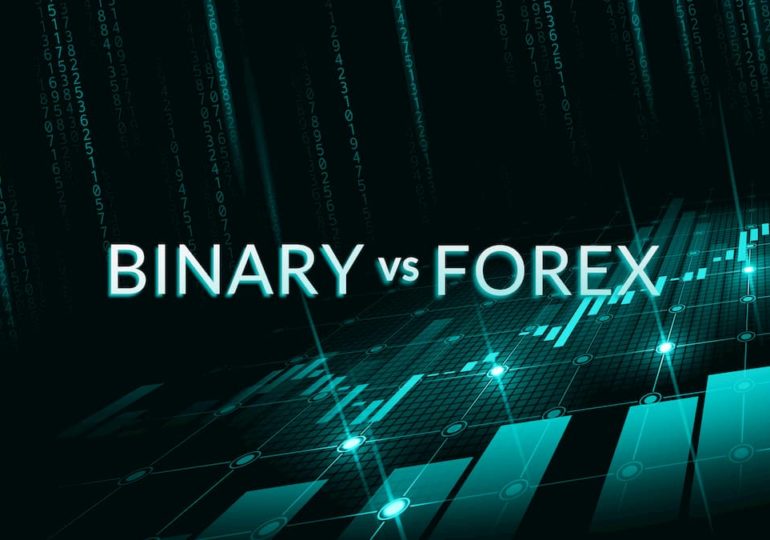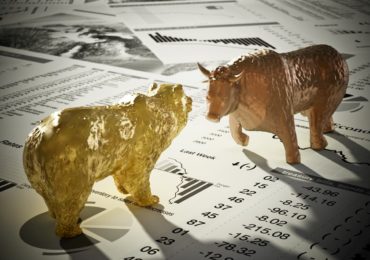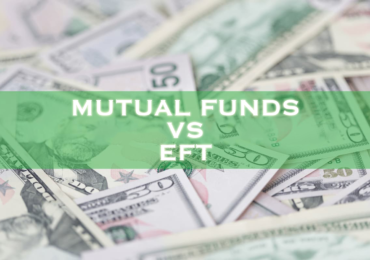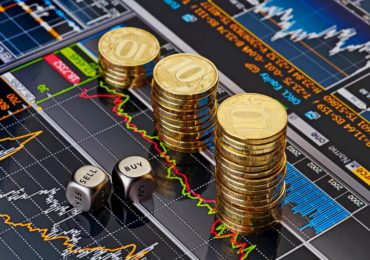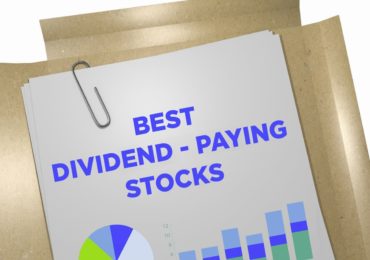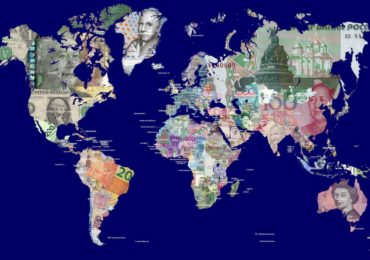The difference between forex trading and binary options trading
Binary options and forex trading have become insanely popular over the past years. Many argue over which is better, binary options or forex trading, a question which I would say has no definite answer. To bring a solution to one of the most popular questions amongst traders: ‘Forex vs Binary, which is better?’, we look to set things in perspective by taking a look at the forex and binary options market and spotting the differences between them. Without further ado, let’s head right into it.
Binary Options
A Binary Option is an option with a fixed payout where you predict the outcome from two probable results. If your prediction is correct, you receive the payout initially agreed. If it is not right, on the other hand, you lose the initial capital staked. The term ‘binary’ comes from the possibility of two outcomes – you either win or lose.
Forex Trading
The forex market is a global over-the-counter (OTC) market, where investors, institutions, banks, and traders exchange speculations on buy and sell world commodities. This trading is done on the interbank market (a channel where currencies are traded 24 hours a day, five days a week, excluding weekends). The forex market has a daily global turnover of about US$5 trillion, boasting the largest trading market.
Forex vs Binary – the differences
Trade error
In binary options trading, there are only two actions to take, which means that the margin of error when entering a trade is small.
In forex, however, there are no limit orders to close, adjust, or keep track of. A trader who does not pay attention when trading may forget to place exit or change orders, leading to a loss more significant than he or she could ever imagine.
Volatility risk
Volatility is not usually an issue when trading binary options. Any trade made by you can, most of the time, contend with the volatility caused by any news or event. Once your prediction turns out to be correct, you do not need to worry about sudden reactions and changes in the market.
In forex, however, volatility can have a significant effect on the value of a position, which means that you have the responsibility of setting up a reliable risk management process to prevent big losses.
Trade choices
One of the best things about binary options trading is that you are not limited to currency pairs only, like most of the retail forex brokers out there today. While the most common assets you can trade are currency pairs, you also have the chance to trade stocks, commodities, and stock indices.
Maximum risk
When you trade with binary options, you know how much your maximum and minimum gain is even before placing a trade. You control the premium at risk to enter a binary trade, and that is the only amount that can be lost.
When we talk about maximum risk on forex, you cannot be sure that you will lose only the precalculated amount that you placed, even if you set a stop-loss order. Even though this might not be the case every time, there is always a chance that certain factors such as lack of liquidity, slippage, and broker’s platform downtime, might affect the final maximum risk.
The flexibility of trade management and maximising reward
This is where things get tricky for some. Apart from high and low options, many of the plays on binary options are only up at certain times of the day or week, with strike prices set by brokers. Even if you have an idea about the direction of the market within a specific time frame, you might not find the best option for you to play your idea.
With forex, on the other hand, you can enter limit orders for any price of your choice and execute an order at any time during market hours.
Looking at exiting open trades, some brokers on binary options allow you to close your option trades early, but this is only after a scheduled time has passed after the option trade has opened and before it closes. The value returned to the trader is based on the market position, either in the money or out of the money, with the broker having a piece.
In forex, you can close your trade at any time of your choosing. Even if it is just five seconds into the trade, you can close a trade, either booking a profit or reducing a loss.
Finally, if you want to maximise profit on a long trend, you can hold your trade for as long as you want. This can be done using scaling in and trailing stop techniques. With binary options, you are limited by profit limits and caps on profit.
Depending on your trade management and risk preferences, both forex and binary options have a good and bad side depending on how active you want to be, the amount of time you want to spend on your trading platform of choice, or what you expect from the market.
Transaction costs
When trading binary options, there are no extra costs on the transaction except for the average amount factored into the final payment.
In forex trading, the cost of the transaction comes in the form of a commission, the spread, or both factors.
Bottom Line
As highlighted earlier, the debate on forex vs binary, with different individuals having different opinions, is one which cannot be given a final answer. We have covered every aspect of both trading options, looking at where they are better and where they fall short. The decision of which trading option is better is dependent on you and what you expect to get using either option.
Forex vs binary has been looming for a very long time now, and we hope we have been able to provide you with an answer, based on your personal preferences.


